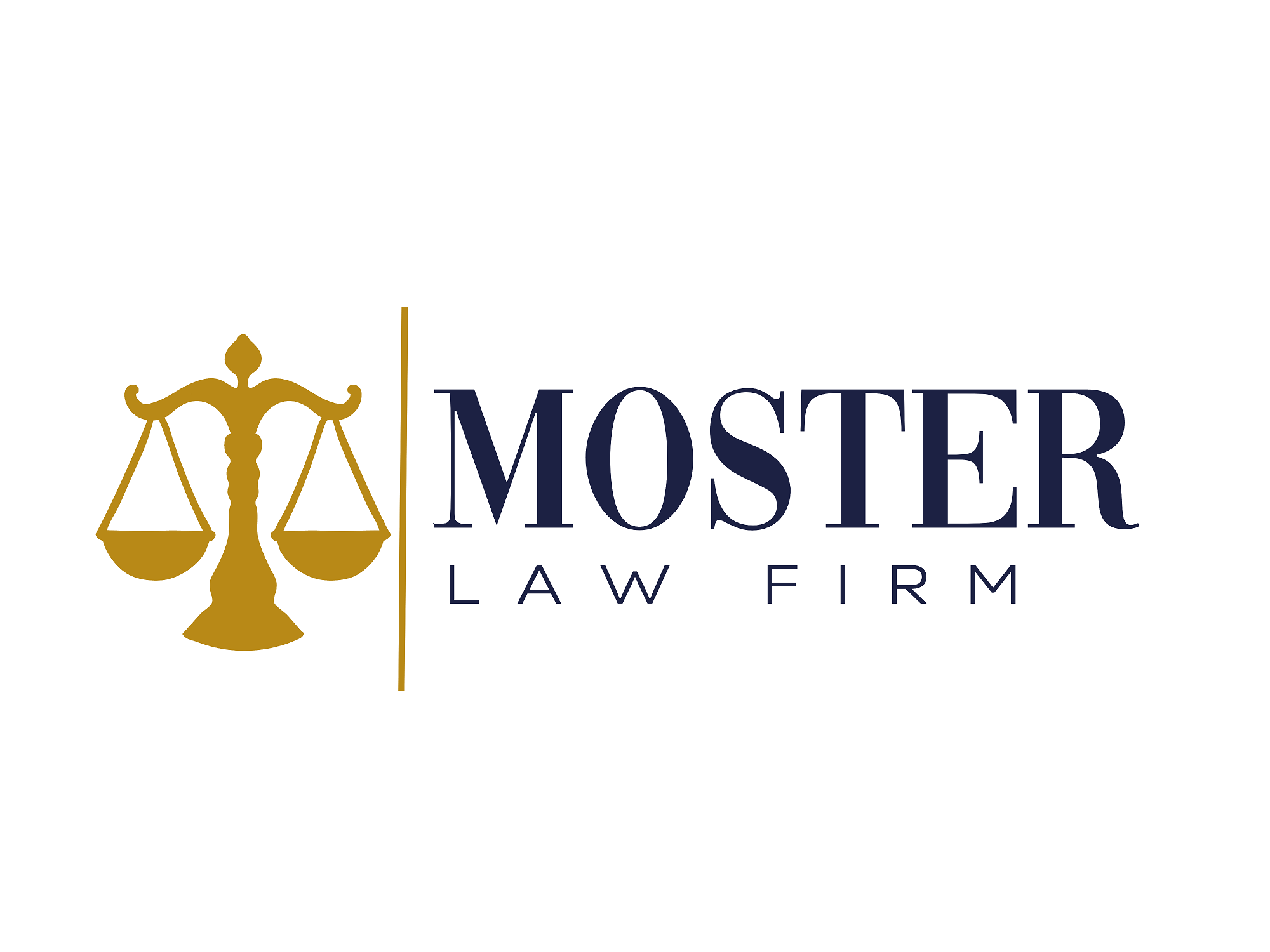LAWYER’S NOTE:
I have been practicing law in the area of litigation for over 36 years and the Founder of the Moster Craft Law Firm which has eight offices across Texas. In this second installment of my series on how to avoid losing a lawsuit, the focus will be on what I call “silo thinkers” – to be defined. This is another subjective factor unknown to most clients which may determine whether your case is successful, let alone sees the light of day.
Let’s start with my second unorthodox definition.
“Silo Thinker” – A subcategory of lawyers who display the inability to perceive the complexity and interconnectivity of legal issues and multiple areas of law.
That sound a bit complicated, so I will simplify. First visualize an old-fashioned silo in an agricultural area like Lubbock, Texas where I opened my first office of the Moster Law Firm in 2010. It is a tall cylindrical and vertical structure used to store food products including grain. Here, emphasis on the word old-fashioned and vertical as that is also a metaphor for limited and deficient legal thinking and analysis.
In the same manner that doctors are trained in discrete areas of practice, for example, neurology, oncology, and cardiology – so are lawyers. A doctor is only as effective as the extent of his or her knowledge. Critically, a poorly trained doctor will often miss critical signs which pinpoint the source of the medical crisis and its treatment. The consequences of such deficiency could be fatal to the patient.
Unfortunately, I experienced such “silo thinking” and limited capabilities about 4 years ago in Lubbock when I presented to a local cardiologist with irregularities in my EKG, fever, and persistent cough. This – BTW – was before Covid. The cardiologist was well respected and offered up the usual tests. He failed to diagnose the problem as being endocarditis which is an often fatal heart infection and instead attributed the malady to a malfunctioning mitral heart valve which “might” malfunction in the future. His note to the file was that he would “see me in a year”.
If he was referring to the local graveyard, the observation was accurate. In fact, I had just a few days to live at age 64 with a three-year-old daughter and wife in tow. This guy screwed up big time because he could not see the interconnection between straight cardiac observations and infectious disease. He lacked the training to make basic deductions. The guy was either clueless or just plain stupid.
He almost killed me. But for the recommendation of my wonderful family doctor and friends, I would not have boarded the next day a plane for Cleveland, Ohio where I was immediately admitted to one of the best cardiac hospitals in the world – the Cleveland Clinic. Within one hour they admitted me, determined that the issue was endocarditis and a failing mitral valve and the specific bacteria involved in the infection. An IV was administered with a specifically tailored antibiotic which still took days to work. Within a week, I had the mitral valve replaced after they cracked open my chest. I am alive now to tell the tale.
The moral of this story is not just finding smart professionals – but those who can spot multiple issues utilizing varied areas of practice. Silo Thinkers whether in medicine or law – lead to fatal results.
Going back to the legal front, Silo Thinking lawyers make horrible mistakes given lack of training and experience analogous to my cardiac near disaster. I can think of numerous examples over my decades of experience. Here are a few:
- Lawyer refusing to enforce a non-competition clause where an ex-employee is fired and then steals the client’s employees and directly competes. Typically, the lawyer incorrectly concludes that non-compete clause are unenforceable in Texas which is dead wrong. They are valid but exceptions apply. If you are not aware of developments in the case law and ability to combine trial practice (litigation) with contract analysis (transactional law), the client will be misadvised.
- Lawyer advises client that in absence of a non-disclosure agreement with an ex-employees, that the employer’s rights cannot be enforced in Texas. In this case, an ex-employee went to work for a competitor and took along the client list of his prior employer. Given that the ex-employee did not sign a non-disclosure agreement with confidentiality provisions, the lawyer wrongly concludes that no remedy is available to the client.
That is just wrong! A relatively new law in Texas known as the Texas Uniform Trade Secrets Acts or TUTSA allows for remedies against misappropriation of Trade Secrets even when there is no underlying agreement with the rogue employee. There are a battery of actions the employer can take including the issuance of an immediate injunction.
- Client wants to sue a major city in Texas for violating the terms of a contract which resulted in a massive financial loss. The lawyer concludes that based on the doctrine of “Sovereign Immunity” where the sovereign or state cannot be sued, that no remedy is available.
Again, wrong! This is a complicated issue but requires a grasp of regulatory law or the rules which govern the operation of cities and their sub-units, the esoteric principles of sovereign immunity, contract law, and litigation. The Moster Craft Law Firm in a recent case, found a creative approach to sue the city and a utility by piercing through the sovereign immunity prohibition. Admittedly, the case is in its infancy, but we believe that we have a clear path to victory. A less creative or experienced firm with the capability to practice in diverse areas would likely not have even spotted the new trajectory.
- The City of Lockport, NY – near Niagara Falls, voted to impose a tax lien on a steel mill facility which was collateral of the United States Department of Commerce. The thinking at the time by the U.S. Department of Justice was that the law of NY would always win out and there was no way to attack the lien which reduced the recovery to the U.S. to zero. A young attorney at the U.S. Department of Commerce came up with a creative argument under the Supremacy Clause of the U.S. Constitution to attack and knock out the state tax lien. BTW – that fledgling attorney was me!
And so on… Get the picture.
The ability to properly advise a client is linked to the intellectual capacity of the lawyer. Silo Thinking invariably leads to the wrong result which will lead to the wrong conclusion. You want a law firm that can provide rapid response litigation in Texas without silo thinking.
You can lose a case that way or even die.


